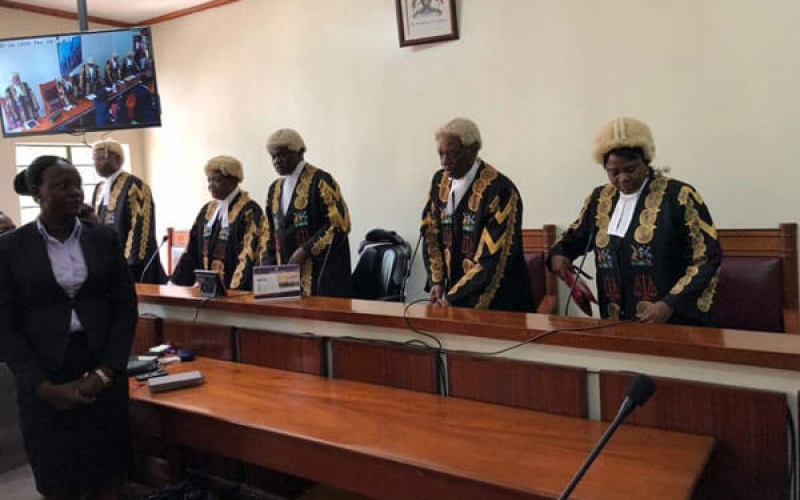
Justices of the Court of Appeal in Kampala have ruled that married couples will henceforth not be required to split property equally once they officially divorce.
Three justices of the Court of Appeal including Elizabeth Musoke, Muzamiru Mutangula Kibeedi and Christopher Gashirabak made the unanimous judgment on Tuesday, based on an appeal filed by one Joseph Waigo Ambayo against Jackline Aserua.
Ambayo appealed a ruling by then Justice Catherine Bamugemereire of the family division of the high court after the couple’s divorce was finalized in 2012. Justice Bamugemereire had ruled then that the couple divided the property by half, each taking 50 percent.
Ambayo rejected the ruling on grounds that Aserua did not contribute equally to the marriage because he met her as a primary student and paid for her education until she completed a hairdressing and design course. He also paid for her driving skills at the school where she had an affair with her instructor.
The justices have therefore ruled as follows; that Aserua is only entitled to 20 percent of the property.
But this also changes things in general for all married couples facing divorce as follows;
1. Marriage does not give a spouse an automatic half-share in the matrimonial property.
2. A spouse’s share in the matrimonial property is dependent on his/her contribution to it.
3. Contribution can take either monetary or non-monetary forms or both.
4. The non-monetary contribution usually consists of “unpaid care and domestic work” rendered by a spouse during the marriage like caring for the children, elderly and the sick members of the family, household chores, cultivating food for the family subsistence et cetra.
5. When the court is determining the value of the “unpaid care and domestic work” rendered during the marriage it should take into account monetary value principles like the value or cost of similar or substitute services available on the labour or service market.
6. Where one party has, in the course of the marriage, contributed towards upgrading the other spouse in terms of educating her/him, such contributions should be deducted from the beneficiary spouse’s total claim for “unpaid care and domestic work”.














